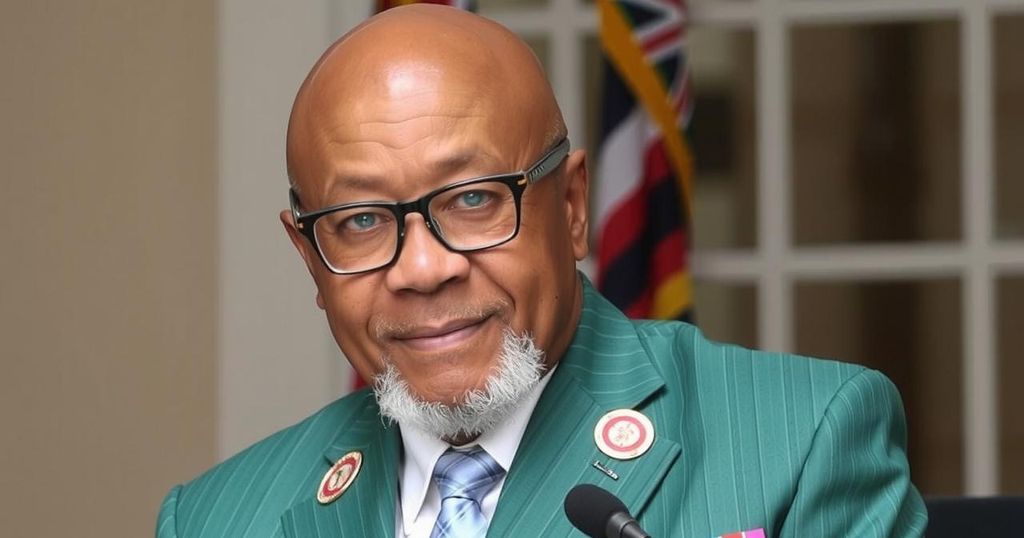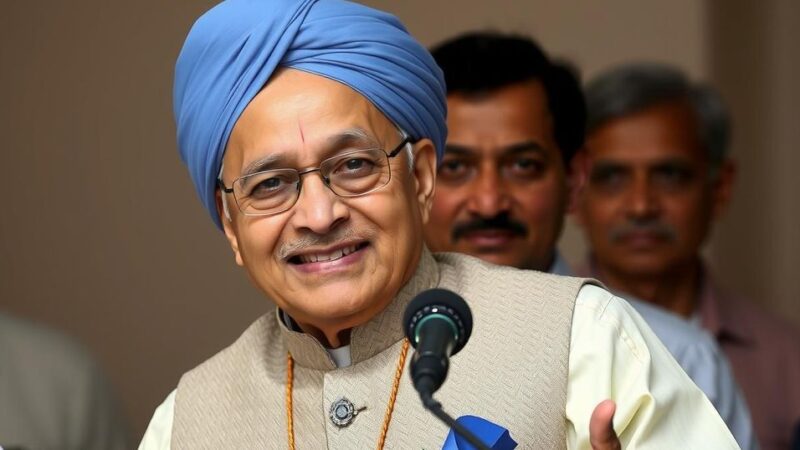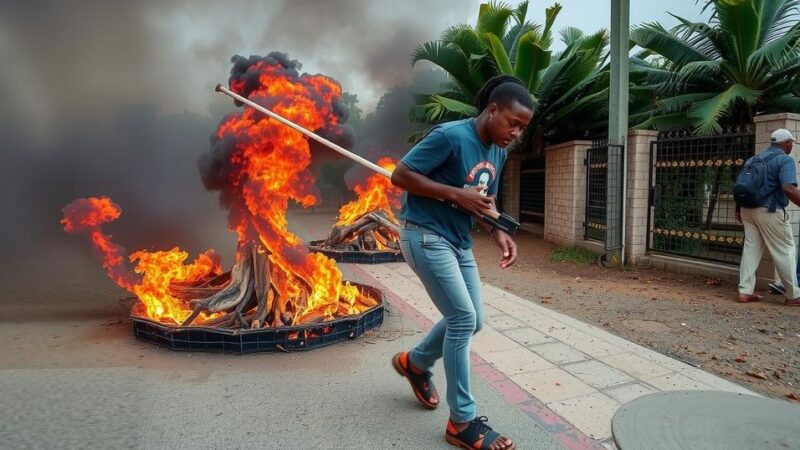Desi Bouterse, the former president of Suriname, died at 79 after a short illness at his hiding place. His body was transferred to Paramaribo. Bouterse had a tumultuous political career, seizing power through a coup in 1980 and later facing convictions for human rights abuses. He had been evading justice since December 2023 when he was sentenced for 1982 murders.
Desi Bouterse, the former president of Suriname, has passed away at the age of 79 after a brief illness, as confirmed by reliable sources. His death occurred at a location where he had been concealing himself, and his body has since been transported to the capital, Paramaribo. Although the family has yet to publicly announce his passing, close associates within his National Democratic Party (NDP) have started gathering at the party center in Geyersvlijt to offer each other solace while awaiting the official statement. Bouterse came to power on February 25, 1980, when he led a coup that ousted the democratically elected government of Henck Arron. Initially, his regime enjoyed widespread societal support. Despite suffering a significant defeat in the 1987 elections, he maintained his military position and staged another coup in 1990, known as the “telephone coup.” After enduring multiple electoral defeats, Bouterse finally secured the presidency in 2010 and was re-elected in 2015. However, in December 2023, he and his bodyguard were convicted for their involvement in the murders of 15 individuals in 1982 and had been evading justice since then. As part of ongoing legal challenges, Bouterse was placed on an INTERPOL Red Notice list, amplifying his legal troubles. Earlier this week, police raids conducted at his residence did not yield any results, and no official statement has been issued regarding these operations by the Suriname Police Force.
Desi Bouterse served as a significant political figure in Suriname, having first seized power through a military coup in 1980. He led the country through various political phases, including periods of military and civilian rule. His governance witnessed significant events, including another coup in 1990 and a mix of electoral successes and failures. Most notably, Bouterse faced severe legal accusations resulting from his past actions, including a conviction related to the unlawful execution of political opponents. His controversial legacy continues to be a point of discussion within Surinamese politics, marked by both support and condemnation.
The death of Desi Bouterse marks the end of a tumultuous chapter in Surinamese history characterized by military rule, political coups, and controversial legal issues. His legacy remains divisive, with supporters citing his role in addressing national issues, while critics highlight his history of human rights abuses and evasion of justice. The circumstances of his death raise questions about the impact of his leadership and the future of the political landscape in Suriname.
Original Source: www.guardian.co.tt







